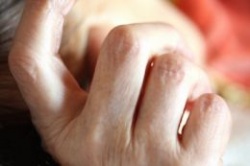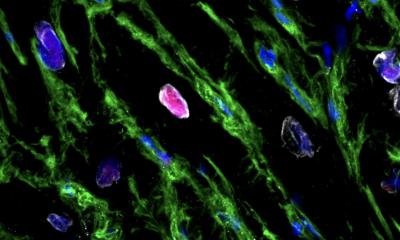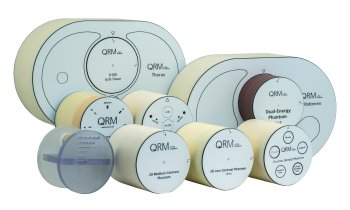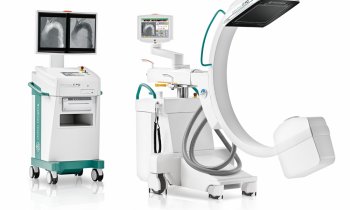Day Time sleepiness provides red flag for cardiovascular disease
Clinicians should be alert to patients reporting “excessive” day time sleepiness, says the European Society of Cardiology, after a French study found healthy elderly people who regularly report feeling sleepy during the day have a 49 % relative risk increase of cardiovascular death, compared to those who do not report sleepiness.

“Based on this study asking patients the simple question of whether they feel sleepy during the day, is a useful way of identifying a subgroup of elderly patients at higher risk of cardiovascular disease who require a more thorough follow up,” said Professor Guy DeBacker, from the Division of Cardiology at the University of Ghent, Belgium, and former chair of the European Society of Cardiology Joint Prevention Committee
The Three City study represents the largest yet investigation exploring the prospective association between “excessive” day time sleepiness (EDS) and mortality (from cerebrovascular disease, myocardial infarction and heart failure) in the community dwelling elderly, and the only study yet to have been conducted in Europe – all the other studies were undertaken in North America. Criticisms of the study include a low responder rate (37%) that could introduce an element of bias, and the fact that it lacked objective measures of day time sleepiness (such as polysomnography readings), instead using self reported patient responses.
“The subjects with EDS were less educated and had a lower income so there were differences between the two groups in "socioeconomic status", which was not accounted for in the multivariate analysis. SES is a strong independent predictive factor for total and for cause specific mortality, and it might be that the difference between the two groups is just the effect of socioeconomic differences,” said DeBacker.
“Overall the study population had a particularly low number of cardiovascular deaths, suggesting that the French paradox may be in operation. We need to be asking identical questions to different populations to see if we still get the same effect,” said DeBacker.
REFERENCE: Excessive Daytime Sleepiness is an independent Risk Indicator for Cardiovascular Mortality in Community Dwelling Elderly. The Three Cities Study. JP Empana, Y Dauviliers, JF Dartigues et al. Stroke 2009:40:00-00.1-6
Picture: Maren Beßler / PIXELIO
26.02.2009









